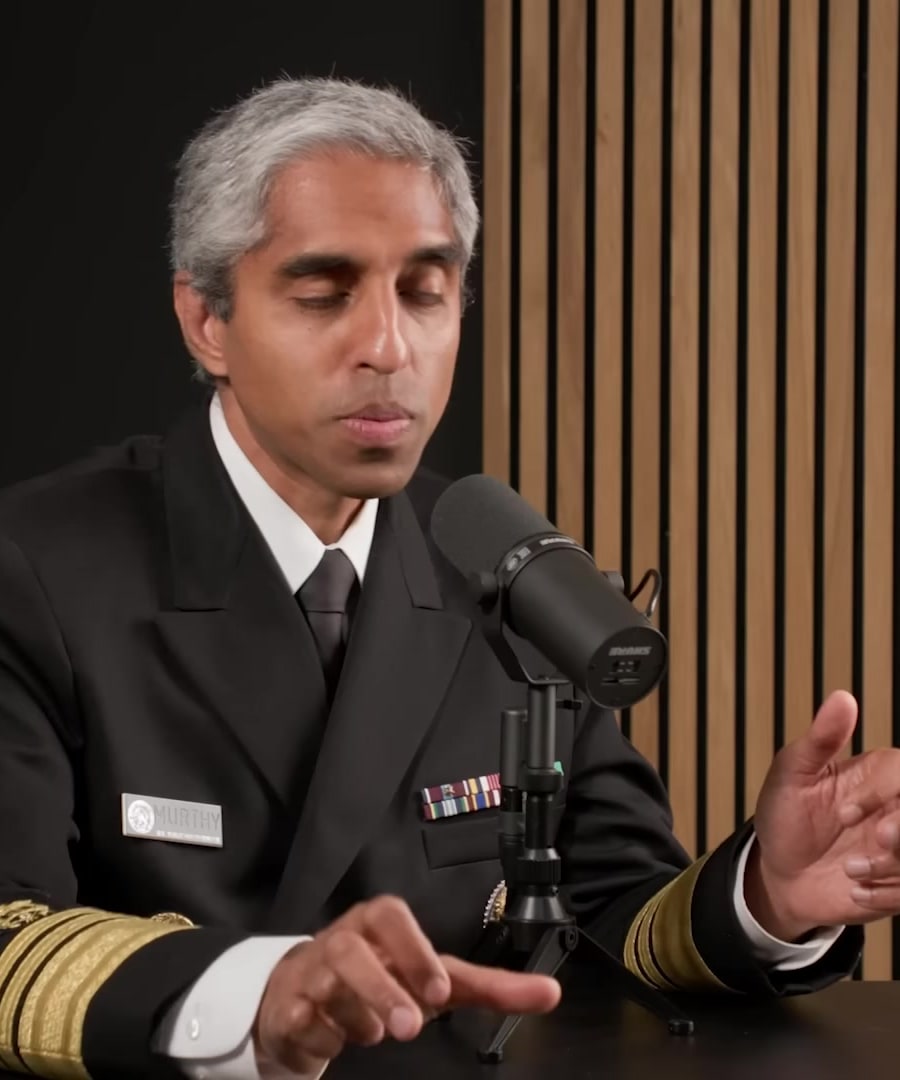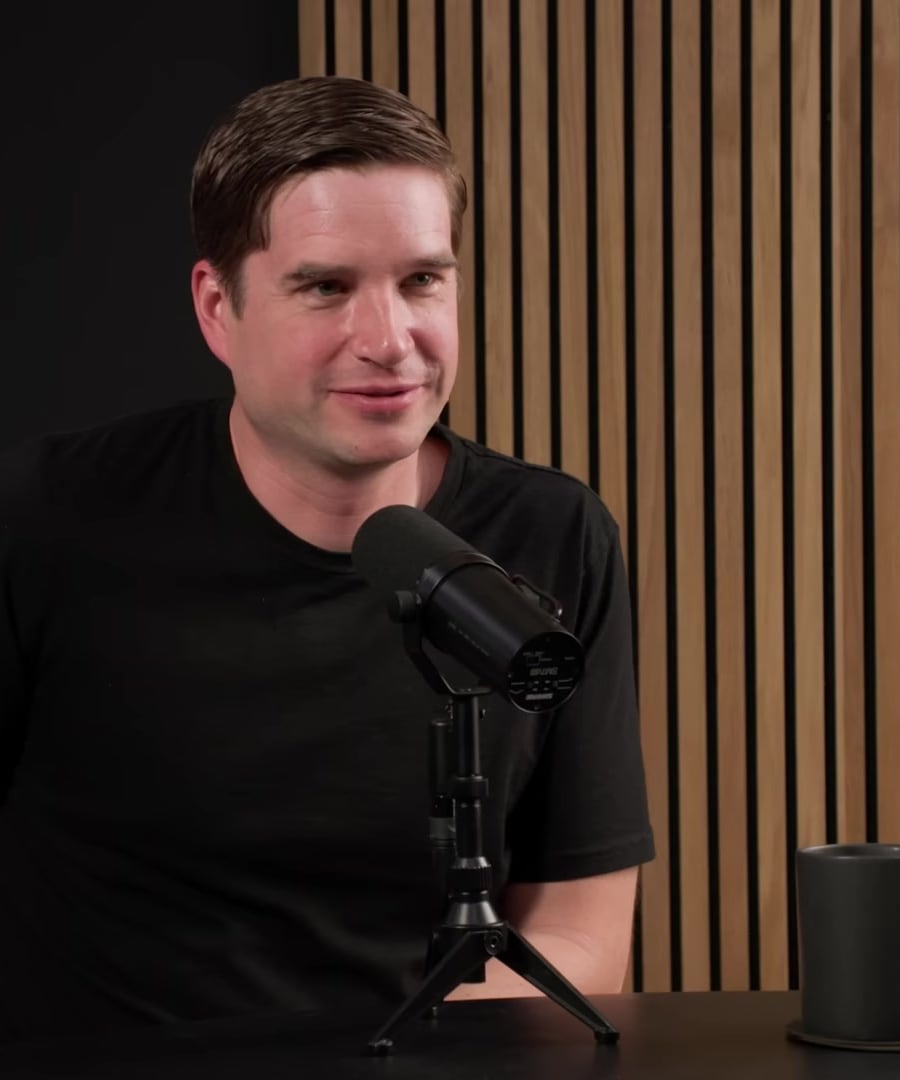Burnout
Sources:
Managing burnout is a complex issue that involves understanding different aspects of empathy and work habits, as discussed by and his guests on the podcast.
In one discussion with , they explore how people high on the emotional empathy scale can experience burnout because they carry the weight of others' pain. In contrast, developing cognitive empathy and empathic concern can combat burnout, allowing one to maintain empathy without being overwhelmed 1.
Similarly, Dr. Vivek Murthy, the U.S. Surgeon General, spoke about the toll of inefficiencies in the healthcare system contributing to burnout among healthcare professionals. The sense of not being able to help patients due to systemic barriers is particularly demoralizing and contributes to burnout 2.
Author Cal Newport talked about burnout in knowledge work, attributing it to an overload of administrative tasks and constant distraction rather than merely the volume of work. He suggests that changing work habits to include dedicated time for high-value work and eliminating unnecessary tasks can prevent burnout, achieving a kind of wholehearted engagement in work 3.
In another episode, , an American author, emphasized how the pursuit of perfectionism is a recipe for burnout, depression, and anxiety. He advised setting more realistic standards and calibrating efforts according to the importance of the task 4.
These discussions suggest that managing burnout involves recognizing different types of empathy, optimizing work processes, establishing protective habits, and maintaining realistic expectations about one's performance and workload.
RELATED QUESTIONS



